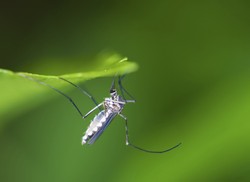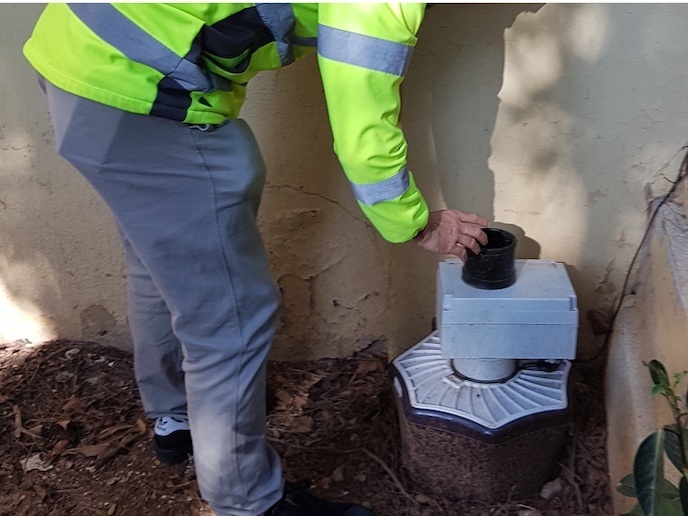Monitoring dengue fever transmission
Dengue fever is a mosquito-borne viral disease caused by the dengue virus. Currently our understanding of how viral, ecological, environmental, and climatic factors affect disease transmission and outbreaks is limited. The DENGUETOOLS (Innovative tools and strategies for surveillance and control of dengue) project set up a laboratory-based surveillance system to describe the evolution and extent of the dengue outbreak in Sri Lanka. Enhanced surveillance is of enormous public health importance for determining priority areas for vector control interventions as well as to identify predictive indicators for triggering outbreak alerts. Children are the most affected group in most dengue endemic countries both in terms of incidence and severity. DENGUETOOLS researchers determined that schools were associated with more breeding sites in Sri Lanka; these results were replicated by cluster analyses in Thailand. As clustering of dengue infections were shown to occur around schools and within classrooms, schools should be targeted for intensified vector control strategies. Given the day time biting behaviour of the dengue virus-transmitting Aedes mosquitoes, researchers investigated a potentially new strategy to protect school children by using impregnated school uniforms. Laboratory based studies on the knock down effect of such impregnated clothing on mosquitoes, as well as a large field trial to study the impact of this intervention to reduce dengue infections in school aged children were conducted. A significant part of the project was dedicated to the understanding of vectorial capacity of Aedes mosquitoes under different climate conditions. The work further revealed that urbanization with increased population densities is the main driver for dengue in endemic countries and that policy-makers and the scientific community should pay more attention to the negative impact of urbanization on diseases such as dengue. Researchers documented a convergence of various factors that put Europe increasingly at risk from dengue. By calculating temperature-dependent vectorial capacity for Europe, they highlighted seasonal dengue epidemic potential in ten European cities. Such data, together with data the number of people travelling from dengue endemic countries into Europe, can help determine the risk of dengue virus introduction and establishment. Predictive models and risk maps were also developed which can help policymakers to anticipate the risk dengue poses to Europe. To this end, it was also important to study the impact of different vector control measures to control Aedes mosquitoes in Europe and that these measures can work effectively if correctly applied.







